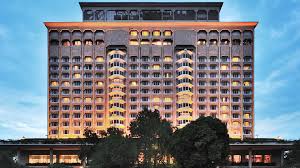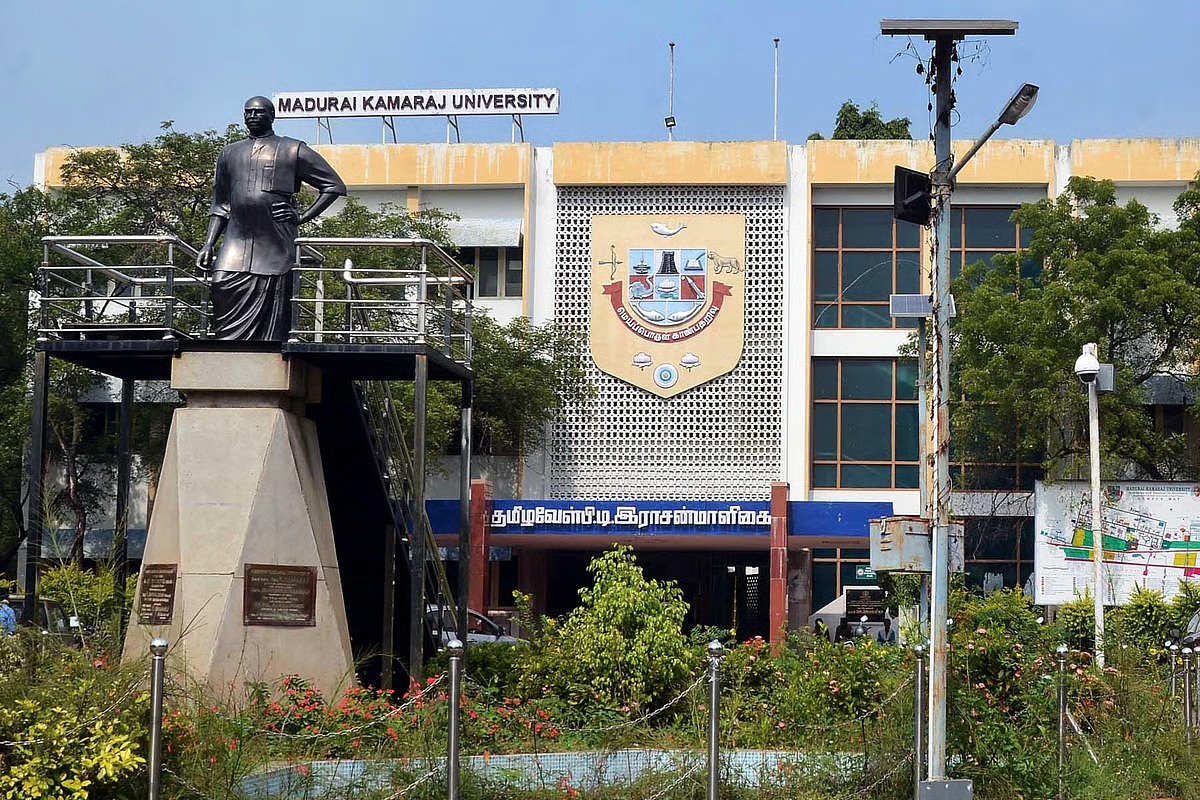S. Dwivedi, J.@mdashThis second appeal is directed against the judgment and decree of the lower Appellate Court, which has confirmed the judgment and decree of the Trial Court.
2. The suit was filed by respondent No. 1 against the appellant and respondents 2 and 3 for the recovery of Rs. 1,400/- and for permanent injunction on the allegations that he was the fourth class employee of the appellant. He was married with one Rampyari and had a son Pooranmal and a daughter Santosh out of the wed-lock. It was further stated by him that he had divorced his wife Rampyari. The two children were living with Rampyari, who was not ready to part with them.
3. It was further averred that Rampyari had made an application for the legal aid, for filing the suit against the appellant to respondent No. 2 and had also prayed that she be appointed as guardian of the two minor children of the appellant. It was stated by the appellant in the suit that respondent No. 2 instead of giving any legal aid to this wife, ordered the appellant to pay from the wages of respondent No. 1 an amount of Rs. 500/- to her in one instalment, and thereafter, to deduct Rs. 150/- from his salary every month, for its payment to his wife Rampyari, for the maintenance of the two children. With these averments, it was submitted that defendant/respondent No. 2 had taken his signatures on a paper under threat to his service. It was agitated in the plaint that respondent No. 2 was not vested with the power under any law to so direct the appellant, nor the appellant had any right to pay the amount from the salary of respondent No. 1. Under such unauthorised action, the amount of Rs. 1,400/- in total was deducted from the salary of respondent No. 1. The recovery of the said amount with the relief of permanent injunction was prayed by the plaintiff/respondent against the defendant/ appellant.
4. The defendants'' case at the trial was that it was on the request of the plaintiff''s himself that the stated amount was deducted from his salary and was paid to his wife for the maintenance of his children. The plaintiff had also submitted his affidavit to the appellant in order to give expression to his request. As such, the plaintiff-respondent''s request was accepted and acted upon by the appellant.
5. The learned Trial Court found that the order of appointment of Rampyari (who was not made party to the suit) as guardian of the two children and of the deduction from the salary of plaintiff/respondent No. 1 of Rs. 500/- in one instalment and of Rs. 150/- per month, totalling Rs. 1,400, was illegal, and therefore, the suit was decreed. The Appellate Court on the appeal preferred by the present appellant had confirmed the findings of the learned Trial Court, hence, this second appeal.
6. This appeal was admitted for its final hearing on the following substantial questions of laws :
(i) Whether the judgment and decree of the learned Courts below is illegal and vitiated on the fact of the admission of respondent No. 1, that he applied to the appellant/Municipality to pay Rs. 150/- p.m. after deducting from his salary to his minor son and daughter ?
(ii) Whether the Courts erred in holding that the mother of two minor children is not a natural guardian ?
7. Mr. M.M. Kaushik, Advocate appearing for the appellant contended that it was not under the suo motu order of the defendants that the stated amount was deducted from the salary of the plaintiff-respondent. The plaintiff-respondent No. 1 himself wanted that the said amount be paid to Rampyari, and therefore, the appellant-defendant had deducted the said amount, No further amount was deducted when the action was challenged by the plaintiff by way of the present suit expressing his unwillingness.
8. From the statement of the plaintiff himself in Court wherein he admitted to gave signed the document (affidavit) the burden lay on him to prove that the execution of the document was not under his free Will or that it was executed under pressure or duress. Once the execution of the document is admitted and yet no evidence is led by the executant to bring out the circumstances that the execution thereof was not under his free Will, the document shall have the binding effect on him and the opposite party shall not be required to prove the document.
9. In the instant case, the plaintiff only stated that a threat was given to him by defendants that if he did not subscribe to their action, he would loose his job. It is the bald statement of. the plaintiff, which is neither supported from the circumstances nor from any other evidence. If the plaintiff had signed the document, which gave expression to his request and was accepted and he thereby had authorised the employer-appellant that the stated amount be deducted and paid to Rampyari for the maintenance of his children, no liability on the defendants could be fastened for the said deductions and the plaintiff was, therefore, not entitled to recover the amount from the appellant.
10. The judgment and decree of the Trial Court, which was confirmed by the lower Appellate Court, is, therefore, against the admission of plaintiff and the appeal, therefore, deserves to be allowed to that extent. The plaintiff had himself admitted that the two children were living with their mother, and when they were neglected by the father (the plaintiff), their custody with the mother was justified. However, the respondents were not vested with the jurisdiction to declare the mother as guardian in the presence of their father. Therefore, their action to that extent is to be held as illegal and without jurisdiction, and the two Courts below have rightly held so.
11. On the foregoing discussion, the appeal partly succeeds. The judgment of the two Courts below to the extent of directing the recovery of Rs. 1,400 / - from the appellant, is set aside. However, in the facts and circumstances of the case, there shall be no order as to the costs.

